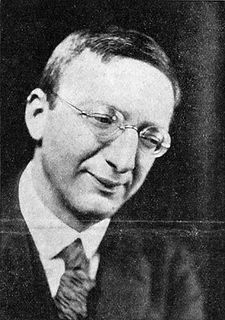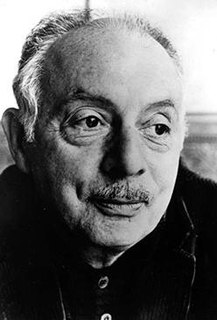A Quote by Manuel Puig
It's my own personal unconscious that ultimately creates the novel's aesthetic facade.
Quote Topics
Related Quotes
The more readings a novel has, even contradictory, the better. In journalism, you talk about what you know; you have provided yourself with records, you have gathered information, you have performed interviews. In a novel, you talk about what you don't know, because the novel comes from the unconscious. They are very different relationships with words and with the world. In journalism, you talk about trees; in the novel, you try to talk about the forest.
Originality is another criterion of aesthetic value. We may formulate an originality principle, according to which highly valuable works of art provide hitherto unavailable insights.... Notice that, although originality is a necessary condition of high aesthetic value, it is far from a sufficient condition. Many original works have little or no aesthetic value. An artwork may present a novel but uninteresting perspective, or one that is original but wrong.



































